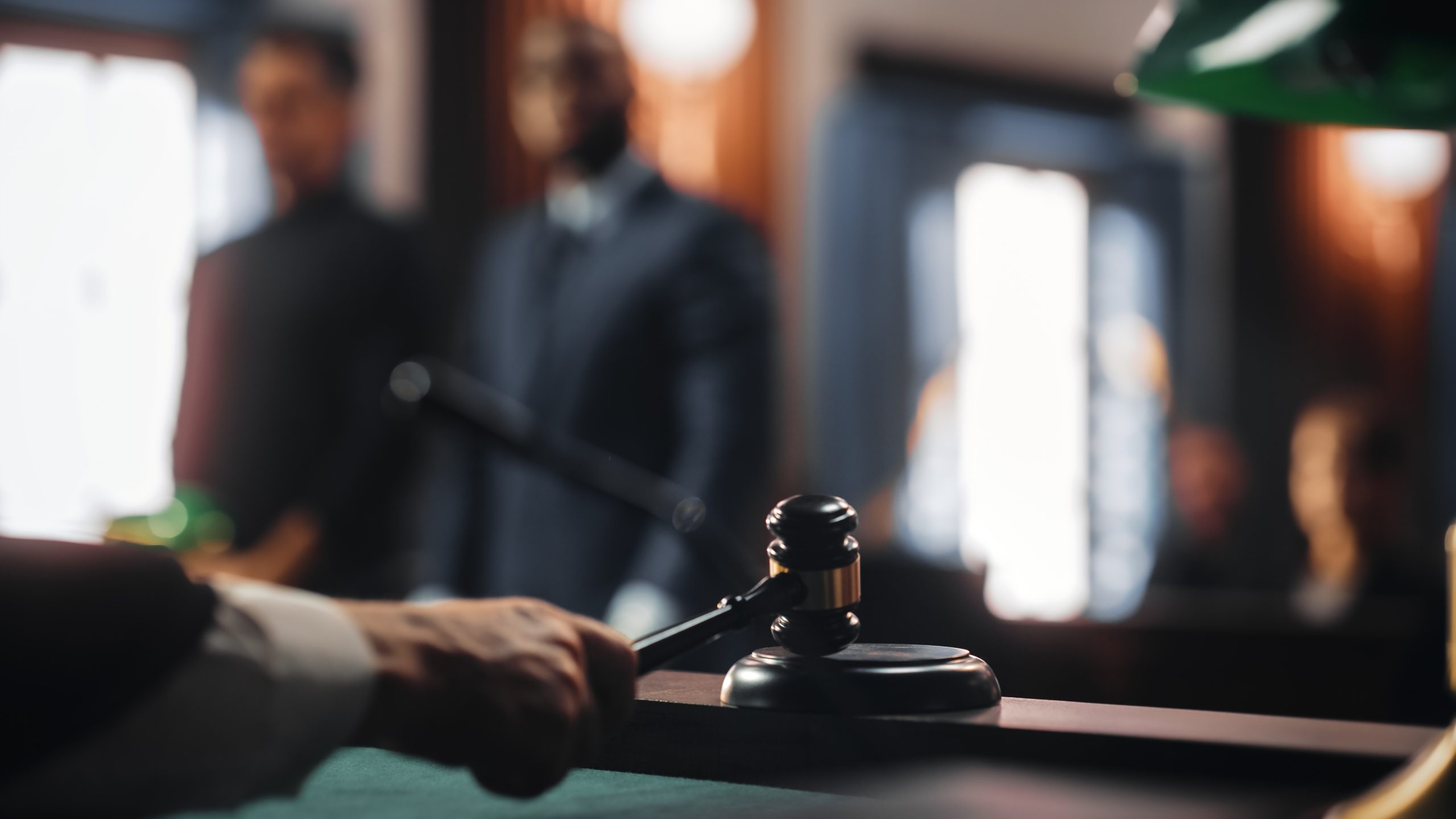Category: Uncategorized
10 Things to Remember in the Zoom Court Era
November 1, 2023 | Jason C. Brown
The COVID-19 pandemic changed the way we live, shop, and work. It also changed the way we head to court. To its credit, the Minnesota Judicial Branch took just a month or so to adjust following the COVID-19 outbreak. While online communication appeared to be a Band-Aid® at the time, remote court hearings have since become the norm. With the exception of trials, almost all other family court hearings are now handled via Zoom. The fact that we have become amateur broadcasters requires attention to how you appear on camera. Here are 10 things to remember in the Zoom court era. Turn on your camera. Many litigants opt to keep their camera off during hearings. However, part of the judge’s job is to assess credibility, and they can hardly do so looking at a blank screen. Dress appropriately. Appearing in court from your living room does not grant the freedom to dress in your sweats. Business casual is fine. Master the mute button. Stay muted unless and until the judge asks you a question. When asked, remember that you are muted and unmute yourself. Even if you are muted, it’s good practice to assume the microphone is on to avoid saying something that would make a bad impression. Lock up the pets. If…
Read MoreFamily Court Hearings: Tips and Strategies
October 13, 2022 | Jason C. Brown
Courtrooms are not meant to be friendly or comfortable. They exist for one purpose: decision-making. How do you stand the best chance at making a good impression on the judge? Here are ten things to keep in mind: Dress the part. The court does not expect you to wear formal attire to the hearing. At the same time, t-shirts and blue jeans are probably best kept for another day. Business casual is just fine. Refer to the court as “your honor.” Over the years, I’ve observed litigants call the judge “madam,” “sir,” or “judge.” All are tactful, but the path of least resistance is to simply use “your honor.” That way, the court’s train of thought won’t be disrupted. Leave your phone in the car. Cell phones are quite disruptive in a quiet courtroom setting. Some judges confiscate ringing phones and charge the owner to get it back – even when they thought it was on silent mode. Don’t take a chance. Speak only when spoken to. The judge is trying to manage a courtroom full of people as efficiently as possible. Follow their lead. If you are asked a question, answer it. But don’t try to take control of the situation. Don’t argue. It may sound counterintuitive, but there is a time…
Read MoreEarly Mediation in Your Civil Litigation Case: A Time and Cost Saver, or a Waste of Time and Money?
August 19, 2022 | Joan M. Quade
The short answer is that it depends. But there are many cases where, with hindsight, we can say that it would have been beneficial to try early mediation. There are some cases where we tried early mediation and they settled before the parties spent a lot of money and time. These are usually the happiest litigants. In my 35 years as a lawyer and advocate for litigants, in many different types of civil litigation cases, and my years as a mediator and an arbitrator, I can tell you that there are many cases that would, and many that did, do well in early mediation. There are also many more cases, especially in the last years, that should have tried early mediation and settled. Litigation should be a last resort for dispute resolution. It costs too much, and it takes too long. Good lawyers, who have a thorough understanding of the law and experience in the litigation process, and who are representing reasonable clients, should be able to negotiate a settlement with the help of a skilled mediator. More and more the parties wish, as they slog through the litigation process, that they would have settled earlier in the process, instead of spending the money and time it takes to litigate. 96% of all…
Read More

